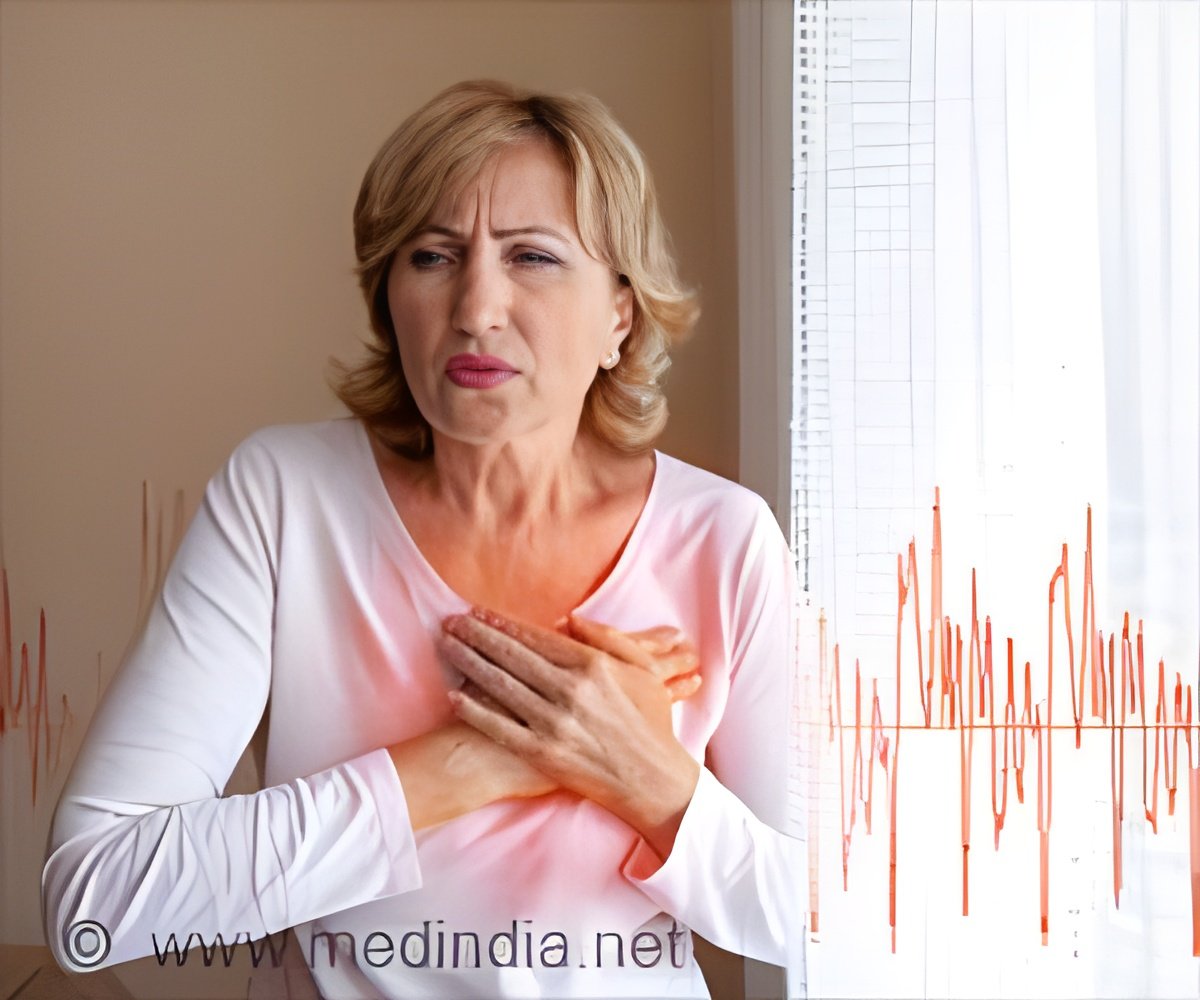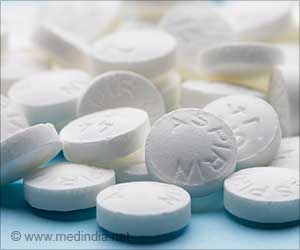Scientists established a link between the severe temperatures experienced in each summer season and an annual average of 1,651 cardiovascular deaths.

Projected Change in the Burden of Excess Cardiovascular Deaths Associated With Extreme Heat by Midcentury (2036–2065) in the Contiguous United States
Go to source) The researchers, whose work is published in Circulation, predict that adults age 65 and older and people of color will likely be disproportionately affected. It is because many have underlying medical conditions or face socio-economic barriers that can influence their health -- such as not having air conditioning or living in locations that can absorb and trap heat, known as “heat islands".
Future Trends in Heat-Related Cardiovascular Deaths
While extreme heat currently accounts for less than 1 percent of cardiovascular-related deaths, the modelling analysis predicted this will change because of a projected rise in summer days that feel at least 90 degrees. This heat index, which factors in what the temperature feels like with humidity, measures extreme temperature.‘The study anticipates a 2.6-fold rise in the annual heat-related cardiovascular fatalities for the general population, increasing from 1,651 to 4,320. #heat #environment #hearthealth’





Most people adapt to extreme heat, as the body finds ways to cool itself, such as through perspiration. However, people with underlying health conditions, including diabetes and heart disease, can have different responses and face increased risks for having a heart attack, irregular heart rhythm, or stroke. “The health burdens from extreme heat will continue to grow within the next several decades,” said cardiologist Sameed A. Khatana, and assistant professor of medicine at the University of Pennsylvania, Philadelphia.
Heat-Related Health Disparities
“Due to the unequal impact of extreme heat on different populations, this is also a matter of health equity and could exacerbate health disparities that already exist,” Khatana said. To generate these predictions, researchers evaluated county-level data from the 48 states between May and September of 2008-2019.More than 12 million deaths related to cardiovascular disease occurred during that time. Using environmental modelling estimates, they also found that the heat index rose to at least 90 degrees about 54 times each summer. Further, using modelling analyses to forecast environmental and population changes, the researchers looked to 2036-2065 and estimated that each summer, about 71 to 80 days will feel 90 degrees or hotter.
This estimate is based on greenhouse gas emissions, which trap the sun’s heat, being kept to a minimum. If emissions rise significantly, deaths could more than triple, to 5,491.
Reference:
- Projected Change in the Burden of Excess Cardiovascular Deaths Associated With Extreme Heat by Midcentury (2036–2065) in the Contiguous United States - (https://www.ahajournals.org/doi/10.1161/CIRCULATIONAHA.123.066017)









